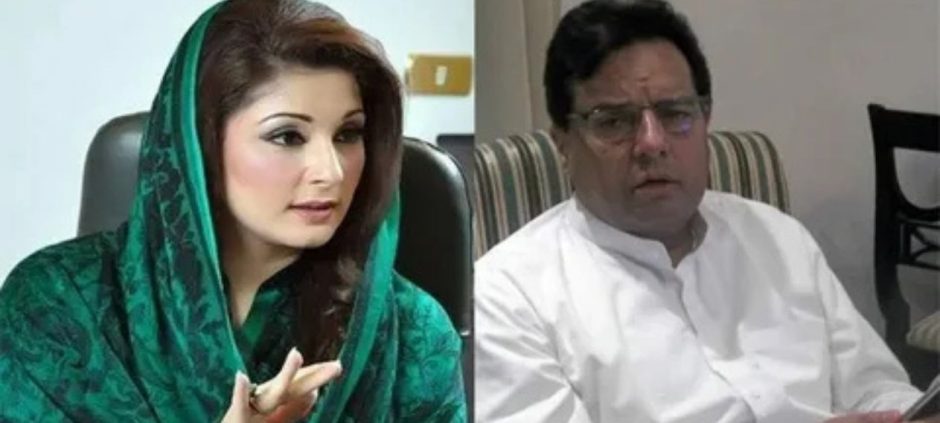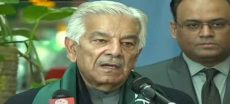ATC has cleared CM Maryam Nawaz and Capt Safdar in the high-profile NAB office attack case, delivering a verdict that has grabbed national attention. The decision comes after months of legal proceedings and intense media scrutiny, marking a significant development in the ongoing political and legal landscape of Pakistan.
The anti-corruption case had drawn widespread public interest, with questions surrounding accountability, legal procedures, and the role of high-profile politicians. Observers say this verdict may have broader implications for future political cases in the country.
The court emphasized that the evidence presented did not substantiate the allegations against CM Maryam Nawaz and Capt Safdar, leading to their clearance. Legal experts note that the ATC’s decision reinforces the importance of proper judicial process and evidence-based rulings in politically sensitive cases.
This ruling follows other prominent developments in the political and legal arena. Recently, ATC took action against politician Aleema Khan by freezing her accounts and blocking her CNIC, showcasing the judiciary’s active role in high-profile investigations.
The ATC decision has sparked reactions across political parties and the public, with supporters celebrating the verdict while critics have expressed concern over accountability in politically sensitive cases. Analysts say this case demonstrates how the judicial system continues to navigate challenges in high-stakes political environments.
The clearance of CM Maryam Nawaz and Capt Safdar also raises discussions about the role of media, public perception, and political rivalry in shaping narratives around legal proceedings. Citizens are paying close attention to see how this ruling may influence upcoming cases involving politicians and public figures.
In the wake of the verdict, political commentators emphasize that maintaining transparency, following legal protocols, and relying on concrete evidence remain essential in ensuring justice. This ruling not only impacts the immediate parties involved but also contributes to the broader conversation about law, politics, and governance in Pakistan.











